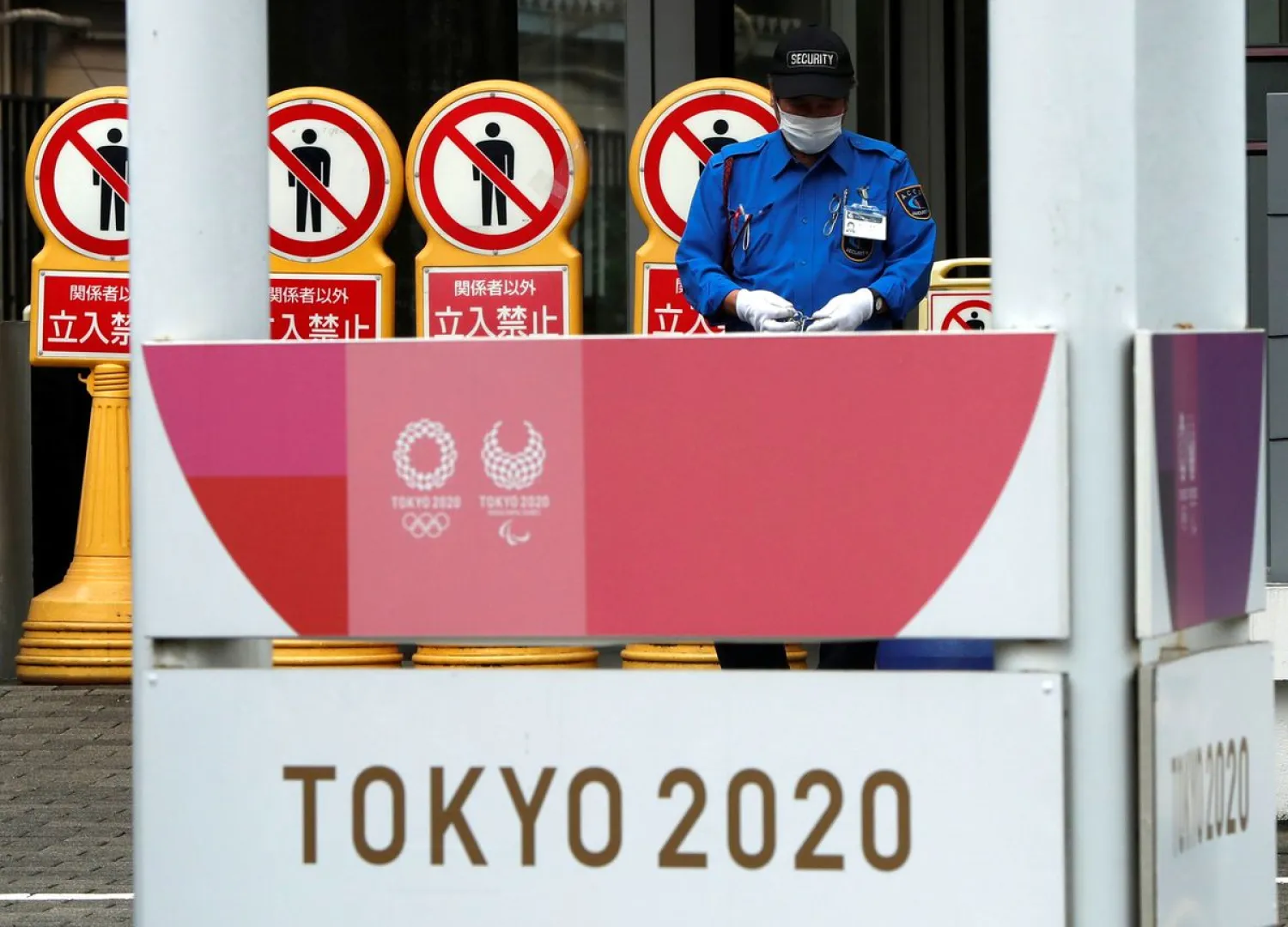Japan will extend a coronavirus state of emergency in Tokyo and other areas on Friday until just a month before the Olympics, in a move that is likely to fuel concerns over whether the Games can be held safely.
Tokyo and nine other parts of the country are currently under emergency orders which mostly involve closing bars and restaurants early and banning them from selling alcohol.
The emergency was supposed to expire at the end of May in most places, but the government now says it needs more time to control a fourth wave of infections.
"The overall level (of infections) continues to be very high," Yasutoshi Nishimura, the minister in charge of coronavirus response, said Friday.
"Considering this situation, we believe it is necessary to extend the state of emergency measures."
On Friday, the government's advisory panel approved an extension until June 20, just over a month before the pandemic-postponed Olympics open on July 23. A formal announcement is expected later.
The move comes with Japan's public still firmly opposed to holding the 2020 Games this summer. In recent weeks, leading businessmen and even a newspaper sponsoring the Olympics have called for the event to be cancelled.
But organizers and Japanese officials say the Games will go on, citing extensive rulebooks aimed at keeping participants and the public safe.
On Thursday, Naoto Ueyama, chair of the minor Japan Doctors Union, warned the Games could produce a "Tokyo Olympic strain" of coronavirus and urged a cancellation to prevent a "disaster".
Haruo Ozaki, head of the larger Tokyo Medical Association with more than 20,000 members, said organizers would have to bar all spectators at a "minimum".
Overseas fans have already been banned, and a decision on domestic spectators is expected late next month.
Even under the current state of emergency, sports venues in Japan are allowed to seat 5,000 spectators or 50 percent capacity, whichever is smallest.
Officials have been trying to drive home the message that the Games are on and will be safe, announcing recently that the vast majority of those in the Olympic village will be vaccinated.
Despite the negative polling and warnings against the Games, protests against the event tend to attract just a few dozen people.
Australia's softball team is expected to arrive next week to start training in Japan, and Japanese athletes and Olympic staff will start receiving vaccines from June 1.
They will be jumping the queue in Japan's slow vaccine rollout, with jabs currently only available to medical workers and the elderly.
Just over six percent of the population has so far received a first dose, with less than 2.5 percent fully vaccinated.
The slow pace has piled pressure on Prime Minister Yoshihide Suga, who was appointed after Shinzo Abe's resignation last year and faces an election in the autumn.
Japan has seen a comparatively small virus outbreak, with around 12,500 deaths, enabling it to avoid harsh lockdowns.
But Suga's government has faced criticism for its pandemic response, and polls show strong dissatisfaction with the vaccine rollout in particular.









